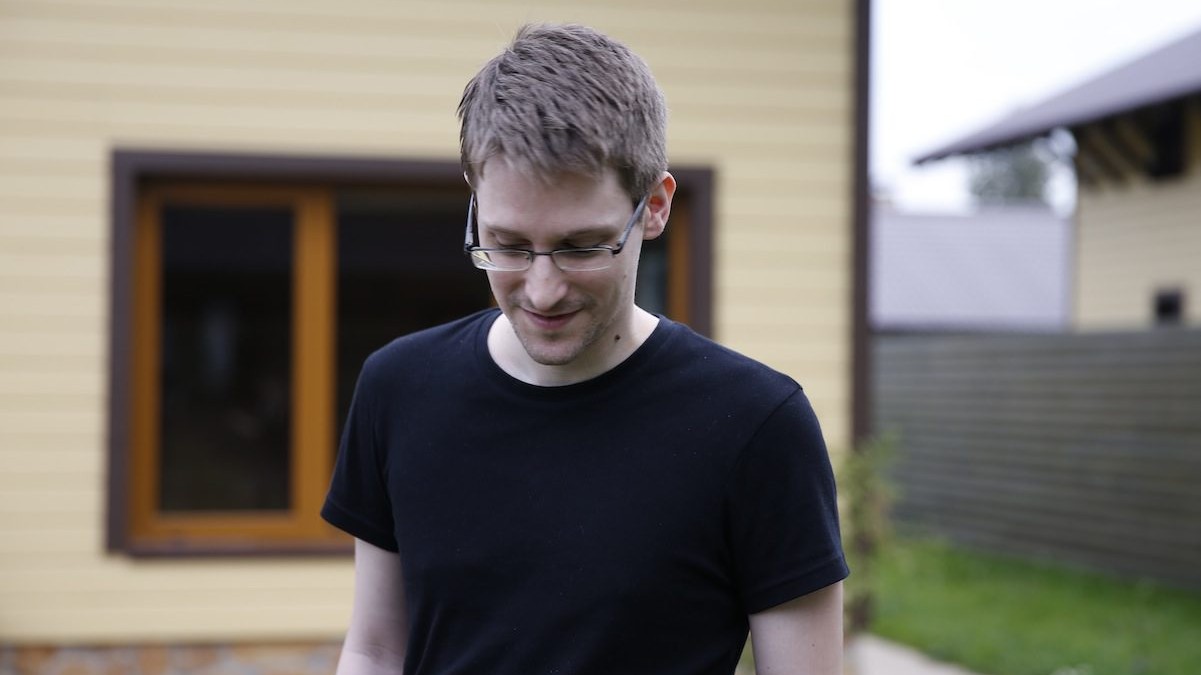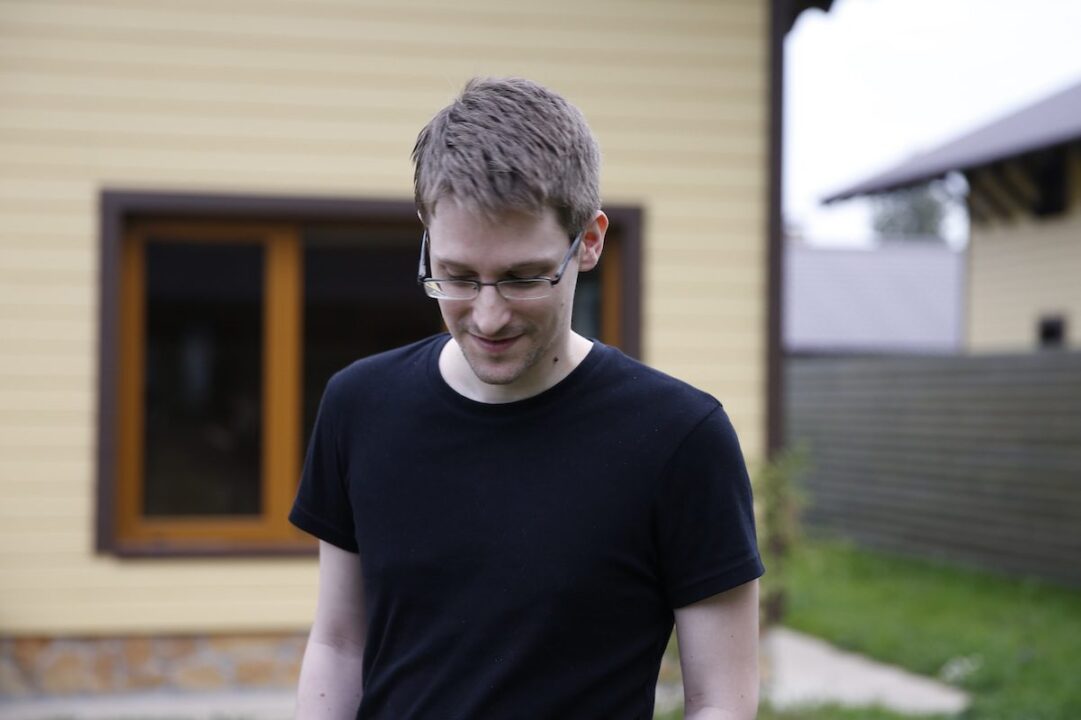This screening was like every other; after the film ended I got my parking validated, grabbed a lollipop for the road and walked to my car. After leaving the parking structure, I turned on my phone and opened the Waze app. A message on the screen appeared, asking if I would like to go “Home.” I hit “OK,” and began following the directions. Then it dawned on me: I was leaving a screening about the total disillusion of privacy and here I was, putting out private information about where I was and where I was going. Although it was too late, I immediately closed the application, but the knots in my stomach remained. CitizenFour has that effect; its powerful and poignant story will leave you terrified, but on the same coin, it is absolutely stunning and fascinating. Before he was the infamous whistleblower, 29-year-old Edward Snowden, Ed (as he likes to be called), or CitizenFour (his online alias), was an infrastructure analyst at the NSA. In 2013, famed cinema verite director Laura Poitras documented, “A week in the life of Edward Snowden,” which has now become her latest truth-bomb film, CitizenFour.
The burning question on our minds is simple, “Why?” Snowden tells the cameras from his hotel room in Hong Kong that it just hit him one day- while working at the NSA he realized he was getting paid to create ways to attain people’s private information without their prior knowledge or consent. He couldn’t believe this was the current operation standard and imagined a future where this type of “big brother” behavior would become more invasive. So he left; he took whatever documents he could to expose the truth about the government and its protocol. With the conscious intention not to put the country or citizens at risk, he took to the media. Speaking primarily to director Poitras and journalist Glenn Greenwald, Snowden raises alarming facts, like 300 million AT&T records a day are being monitored and drone feeds from abroad can be live streamed from the desktops at the NSA. New phones, like the one in the hotel room he is interviewed in, can actually be tapped into even when the receiver is down. Snowden literally unplugs the cord from the phone, saying, with the hint of a smile, it’s the only way to ensure privacy. The information he shares is relayed from Greenwald to the major networks, claiming an “unidentified source” has proof of domestic intelligence abuse. For now, Snowden remains anonymous, but in a couple of days his identity is revealed, and obvious aftermath follows.
Laura Poitras took on a massive project when she set out to make CitizenFour, and she succeeds in capturing and unveiling this extraordinary moment in journalism that we, on the outside, never see.
To say this is just a “film” feels like a discredit to director Laura Poitras. It’s hard to critique; there is no saying whether it is “good” or “bad,” rather, it seems like an extraordinary glimpse into this secret world that must be seen, and not just by Americans. To this, I say the documentary is beyond expectations, a superior feet in cinema verite filmmaking. Poitras doesn’t let the camera dictate the story, rather, she lets her subject be the only point of attention. She uses single long takes over voice overs to saturate the audience in the location while feeding us a bevy of information. An example of this can be seen in the film’s trailer- Poitras narrates an email she received from Snowden while visually, we are staring into a black tunnel. This visual, mixed with those words, are beautifully haunting.
Snowden is extremely articulate and keeps a calm demeanor throughout the film despite the high stakes, and with a voice like Seth Rogen, he comes across as a likable guy. We feel like we are sitting on the bed next to him, experiencing the anxiety he feels. As the story unfolds, in real time Snowden is communicating with his girlfriend back in Hawaii who has no idea where he is or what he is doing. Keeping her in the dark was the only way to ensure her safety, and even though Snowden admits that he doesn’t regret anything thus far, he does seem reclusive after hearing his house is being kept under surveillance.
Laura Poitras took on a massive project when she set out to make CitizenFour, and she succeeds in capturing and unveiling this extraordinary moment in journalism that we, on the outside, never see. Clearly, this film tells the story from a one-sided perspective but Poitras does her best to make a film that doesn’t push a political agenda and just states the facts. And the fact is, privacy is gone.
The expectation of every American citizen is the right to freedom, however, the word “freedom” has morphed into the word “privacy.” What was once the freedom to engage with the internet now comes with a price; it is virtually impossible to not leave a digital footprint everywhere. It’s this reason why Edward Snowden reached out to Laura Poitras to tell his story, to bring awareness to this national and international story. In a sense, he gave up his life for the American public’s best interest, and Poitras was there to capture it. If there is any one film worth catching this weekend, let alone this year, make sure it’s CitizenFour.
Morgan Rojas
Certified fresh. For disclosure purposes, Morgan currently runs PR at PRETTYBIRD and Ventureland.


